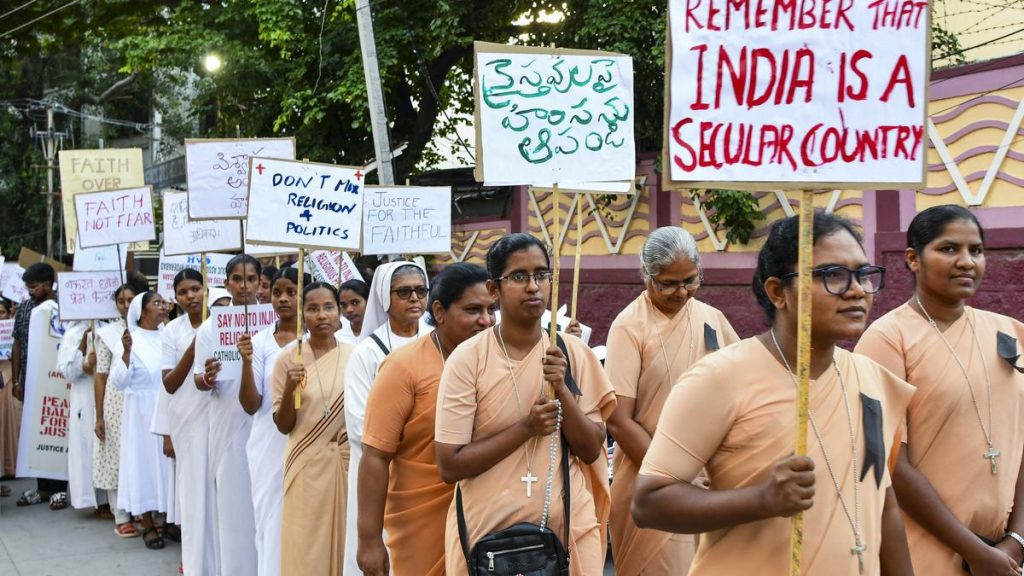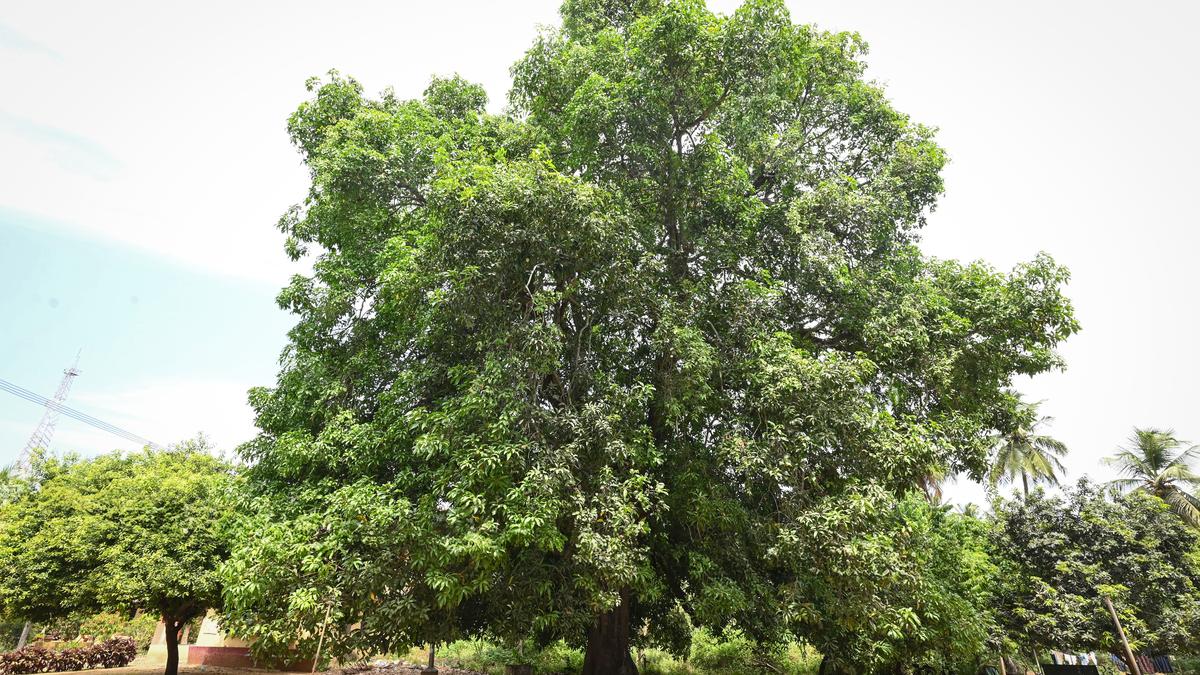Now Reading: Decline of Kombu Music: Traditions at Risk
-
01
Decline of Kombu Music: Traditions at Risk
Decline of Kombu Music: Traditions at Risk
Quick Summary
- S. Velu,a Kalaimamani Awardee,and his troupe played the traditional Tamil wind instrument kombu for a scene in Maniratnam’s movie Ponniyin Selvan. Initially, synthetic sound was to be used, but Velu convinced the director to let him play the instrument due to its cultural significance.
- The kombu has historical importance as an instrument that announced royalty and divinity in Tamil culture. It served in battlefield victories and temple processions.
- Historically made from animal horns, modern kombus are brass or copper instruments shaped like ‘C’ or rarely ‘S’, requiring notable lung power to produce three notes: ‘sa’, ‘pa’, and higher-pitched ‘sa.’
- The kombu is now a fading art form due to its limited versatility; it is indeed mostly used as an embellishment alongside drum beats.
- Velu and other practitioners struggle with lack of practice spaces due to the piercing sound of the kombu. They often train outdoors on village outskirts.
- Artists hope for governmental support through pensions or initiatives encouraging youth participation in this culturally significant art form. Only some have received financial aid under Tamil Nadu Folk Artistes Welfare Board schemes.
Indian Opinion Analysis
The story of S. Velu and his dedication to preserving kombu artistry highlights an important facet of India’s rich cultural heritage that faces challenges from modernization and declining interest among younger generations. Instruments like kombus not only carry artistic value but also reflect historic traditions linked deeply with royal courts, battles, religious practices, and public celebrations.
The case raises questions about how India can prioritize safeguarding traditional arts amidst rapid urbanization and technological convenience (e.g., synthesizers replacing real sounds). While existing welfare programs provide some relief for folk artists like Velu’s troupe, broader measures-such as educational integration or targeted funding-might be needed for long-term preservation of such crafts.This situation underscores the critical need for balanced cultural policies ensuring both continuity of heritage arts while adapting them to present-day relevance.
Artists’ request for better patronage reflects wider struggles faced by local folk traditions across India-their survival depends heavily on societal awareness along with tangible benefits from government initiatives aimed at revitalizing interest among younger generations.
Read more: 링크






















